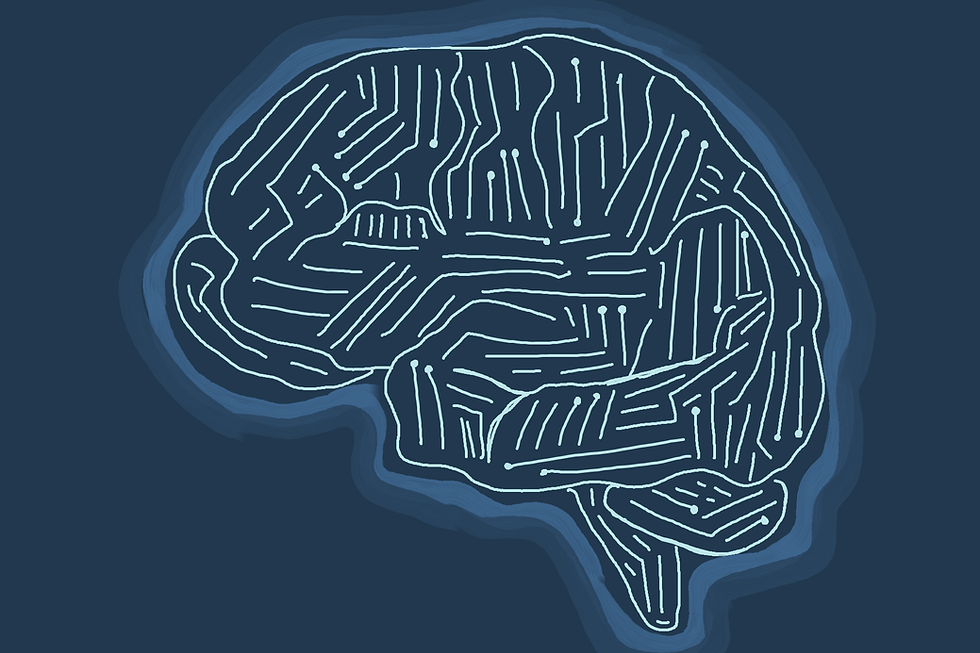The City of Lights
- The Natural Philosopher
- Apr 11, 2022
- 2 min read
By Emily Mynar
To much of the world, Paris is seen as the center of European culture. The city is the world’s top tourist destination, with more than 30 million tourists visiting each year. But often, Paris does not live up to expectation. In fact, this disappointment can be traumatic, causing a psychological disorder known as “Paris syndrome”. A 2004 article in the French psychiatric journal Nervure described the syndrome and the psychological symptoms associated with it.
Since 1988, Paris Syndrome has been observed in more than 60 Japanese tourists. The syndrome appears to be a kind of extreme culture shock, and has been said to cause schizophrenia, acute delusional states, major depression, and manic states. According to an official at the Japanese embassy, one patient believed he was King Louis XIV, and another believed she was being attacked by microwaves. Another case describes a patient who believed she had come to Paris to become queen of Sweden, Finland, or Denmark. She had seen a poster in the Tokyo subway that read “France is waiting for you” and believed it was a personal invitation.
Paris syndrome appears to be somewhat of a catch-all term, but it does have a basis in actual psychiatric disorders. A 1995 report from the British Medical Journal described “psychiatric tourism” based on a rise in mentally ill foreign patients in London. The report notes that “the need to seek anonymity in a metropolis has long been understood in relation to schizophrenic illnesses,” which appears to hold true for Paris syndrome. This sense of anonymity, along with the dramatic cultural differences, could be enough to cause extreme psychological distress.
Though the idea of culture shock this extreme is odd, a similar phenomenon has been observed in tourists in many different areas. Stendhal syndrome, also known as Florence syndrome, includes similar symptoms that have been brought on by the art and architecture of Florence. Similarly, “Jerusalem syndrome” has many of the same symptoms, often accompanied by delusions of grandeur. In each of these cases, the city appears to hold much religious, artistic, or cultural significance to those afflicted. It is understandable that visiting one of these cities, which one has imagined for so long, could cause a strong emotional reaction that could even lead to psychological distress.
Viala et al., “Les japonais en voyage pathologique à Paris : un modèle original de prise en charge transculturelle,” Nervure 5 (2004): 31–34.
Nam, Janima. “Paris Syndrome: Reverse Homesickness?” Association of Social Anthropologists, 2007.



Comments